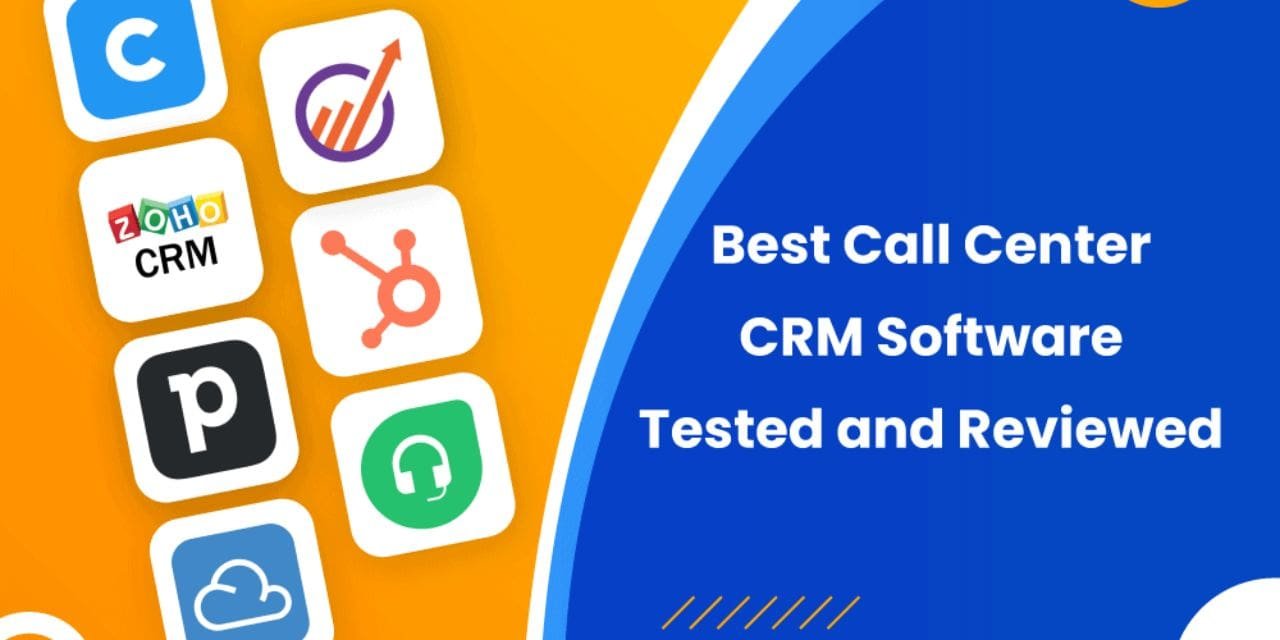Customer Relationship Management (CRM) is the tool that makes contact centers more efficient and effective. These centers are crucial for businesses as they handle all the customer interactions, from questions to complaints. CRM streamlines these processes, ensuring that customer service teams can work more effectively and customers get the help they need promptly. CRM also organizes customer data and history in one place, making it easier for agents to provide personalized and quick service. Plus, it offers valuable insights into customer preferences and behaviors, helping businesses tailor their support strategies.
Efficient Call Handling
Imagine this: you’re in a hurry, and you call a customer service line. You hope to get your questions answered quickly and efficiently. That’s exactly what customers expect – prompt and effective help. But imagine handling a massive number of calls – it’s like juggling too many balls at once. You risk dropping some, and customers might end up stuck waiting on the line, which isn’t pleasant at all.
Enhancing Customer Interactions
Have you ever been on a call where it felt like the person on the other end knew exactly who you were? That’s the magic of contact center CRM at work. It arms customer service agents with detailed insights about you, even before you start your conversation. Think of CRM as a helpful friend who never forgets what you like or the issues you’ve faced in the past.
This level of personalization not only makes resolving issues faster but also creates a more pleasant and relatable customer service experience. With CRM, every interaction feels more like catching up with an old friend than starting a conversation with a stranger.
Maximizing Agent Productivity with CRM
Efficiency isn’t just for customers; it’s a must for agents too. CRM steps in as a helpful assistant, taking care of repetitive tasks so that agents can focus on the important stuff. CRM takes on those tasks that tend to make your eyes glaze over – like copying information from one place to another. With CRM, agents don’t have to do everything manually. This means they can assist more customers in less time. Faster responses make everyone, including you, happier.
Automating Repetitive Tasks and Data Security
Doing the same tasks repeatedly, like copying and pasting data, can be tedious and prone to mistakes. This is where CRM really comes into its own, taking over these monotonous tasks and doing them with precision. But there’s more to it than just automation. CRM also takes care of data security and compliance, acting like a vigilant guardian who ensures your data is protected and all processes comply with regulations.
Data is incredibly valuable for gaining insights, but manually analyzing it can be a daunting task. CRM simplifies this, too, by efficiently generating reports and analytics. It keeps track of what’s working well and highlights areas that need attention, making the whole process of managing and understanding data much more manageable and effective.
Team Collaboration Made Easy
Contact centers are like team sports – winning requires everyone to work together seamlessly. But coordinating with teammates can be a real challenge when calls are pouring in. CRM comes with features that make teamwork a breeze. CRM can easily connect with preferred communication tools, making it simpler for agents to chat with each other. It offers a direct line to your teammates, ensuring everyone’s on the same page.
Wrapping Things Up
CRM is vital in ensuring smooth operations in contact centers by streamlining call handling, automating mundane tasks, and fostering better collaboration among team members. This tool is invaluable, whether you’re at the helm of a contact center or just keen to understand its mechanics. By effectively managing customer interactions and data, CRM not only enhances customer satisfaction but also drives the overall efficiency of your business. It’s a game-changer in the world of customer service, making it an indispensable asset for any forward-thinking organization.

